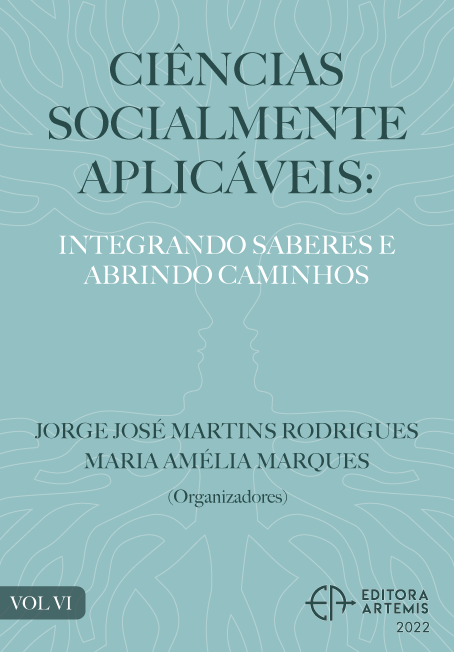
O PROGRAMA WEIWER® COMO NOVA ALFABETIZAÇÃO: CASOS À LUZ DE UMA TIPOLOGIA DE PRÁTICAS EDUCACIONAIS ABERTAS
A integração curricular da Wikipédia, que pode ser corporizada em diversos níveis de ensino, enquadra-se, nos casos de que damos conta neste capítulo de livro, na Rede Académica Internacional WEIWER®, sediada no LE@D, Laboratório de Educação a Distância e eLearning da Universidade Aberta (Portugal). Esta rede, apesar de trabalhar há mais de uma década, formaliza o seu início oficial no ano de 2018, sob o mote “Vamos Partilhar, Aprender & Descobrir?!”. Em particular, assume como objetivos divulgar resultados de pesquisa no domínio da formação e Educação Aberta, disseminar Práticas Educacionais Abertas e estabelecer redes de intervenção neste domínio, com a Wikipédia, numa perspetiva de construção de novas linhas de investigação e desenvolvimento, sobretudo no contexto da formação contínua, nomeadamente de professores, e da aprendizagem ao longo da vida. Assim, após a apresentação da Rede WEIWER®, traçamos a moldura teórica do fenómeno da Educação Aberta, onde os Recursos Educacionais Abertos se assumem relevantes, dado que se consubstanciam em práticas que abordamos neste texto, a partir da relação entre o Programa WEIWER® e as Práticas Educacionais Abertas que temos preconizado e promovido, designadamente a operacionalização da referida integração curricular. Para tal, são identificadas as dimensões a considerar e os eixos associados às tipologias que sustentam as intervenções naquele âmbito, explicitando simultaneamente as opções adotadas, pedagógicas, além das tecnológicas, devidamente alinhadas com os parâmetros organizacionais dos respetivos contextos de implementação. Tais concretizações são ilustradas através de quatro exemplos, a saber, no ensino superior, online, na educação de adultos, face-a-face, e no ensino básico e secundário, face-a-face e, posteriormente, online, devido ao contexto pandémico da COVID-19.
O PROGRAMA WEIWER® COMO NOVA ALFABETIZAÇÃO: CASOS À LUZ DE UMA TIPOLOGIA DE PRÁTICAS EDUCACIONAIS ABERTAS
-
DOI: 10.37572/EdArt_16122271211
-
Palavras-chave: Rede Académica Internacional WEIWER®, Educação Aberta, Recursos Educacionais Abertos, Práticas Educacionais Abertas, Inovação Pedagógica.
-
Keywords: WEIWER® International Academic Network, Open Education, Open Educational Resources, Open Educational Practices, Pedagogical Innovation.
-
Abstract:
The curricular integration of Wikipedia, which can occur at different levels of education, is included, in the cases covered in this book chapter, in the WEIWER® International Academic Network, headquartered at the LE@D, the Laboratory of Distance Education and eLearning of the Open University (Portugal). This network, despite working for more than a decade, formalizes its official start in 2018, under the motto “Let's Share, Learn & Discover?!”. In particular, it assumes the objectives of disseminating research results in the field of training and Open Education, disseminating Open Educational Practices and establishing intervention networks in this field, with Wikipedia, from a perspective of building new lines of research and development, especially in the context of ongoing continuous training, namely for teachers, and lifelong learning. Thus, after presenting the WEIWER® Network, we outline the theoretical framework of the Open Education phenomenon, where Open Educational Resources are assumed to be relevant, given that they are embodied in practices that we address in this text, based on the relationship between the WEIWER® program and the Open Educational Practices that we have been advocating and promoting, namely the operationalization of the aforementioned curricular integration. To this end, the dimensions to be considered and the axes associated with the typologies that support the interventions in that context are identified, simultaneously explaining the adopted options, pedagogical, in addition to the technological ones, duly aligned with the organizational parameters of the respective implementation settings. Such practices are illustrated through four examples, namely, in higher education, online, in adult education, face-to-face, and in basic and secondary education, face-to-face and, later, online, due to the COVID-19 pandemic.
-
Número de páginas: 15
- Teresa Margarida Loureiro Cardoso
- Maria Filomena Pestana Martins Silva Coelho

